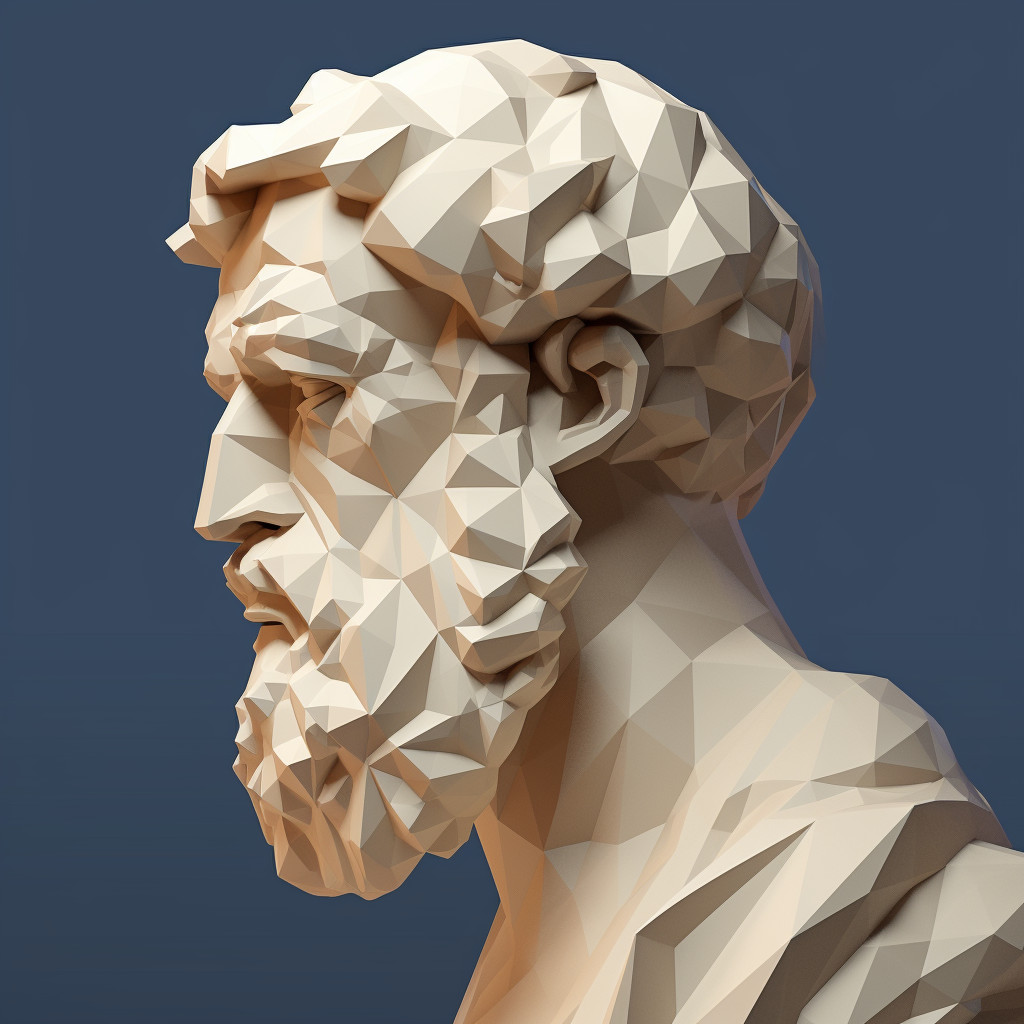This quote encapsulates the idea that the ability to defend oneself is a fundamental aspect of freedom. When Aristotle says “armed,” it’s not solely about physical weapons, but rather the power, knowledge, and resources necessary to protect one’s own rights and liberties. In contrast, being “unarmed” refers to the lack of such power, making one vulnerable to oppression and enslavement.
The quote suggests that freedom is not merely a state of existence, but an active condition that requires the capability to resist any attempts to infringe upon it. This resistance can take many forms, from physical defense to intellectual debate, from political activism to economic self-sufficiency. Essentially, it means that freedom is not given but maintained through constant vigilance and the ability to fight back when necessary.
Applying this idea to today’s world, it resonates with the importance of an informed and engaged citizenry in a democracy. The “arms” in this context could be knowledge and the ability to critically think and question. An ”unarmed” populace, one that is uninformed or apathetic, is more likely to have its freedoms eroded by those in power. This is why education, free press, and open discourse are often seen as pillars of a free society.
In terms of personal development, it suggests the importance of self-empowerment. This could mean arming oneself with skills, knowledge, and confidence necessary to navigate the world and stand up for one’s rights. It could also mean cultivating resilience and the ability to advocate for oneself. Just as a society must be armed to maintain its freedom, so too must an individual be armed to protect their personal freedoms and autonomy.









